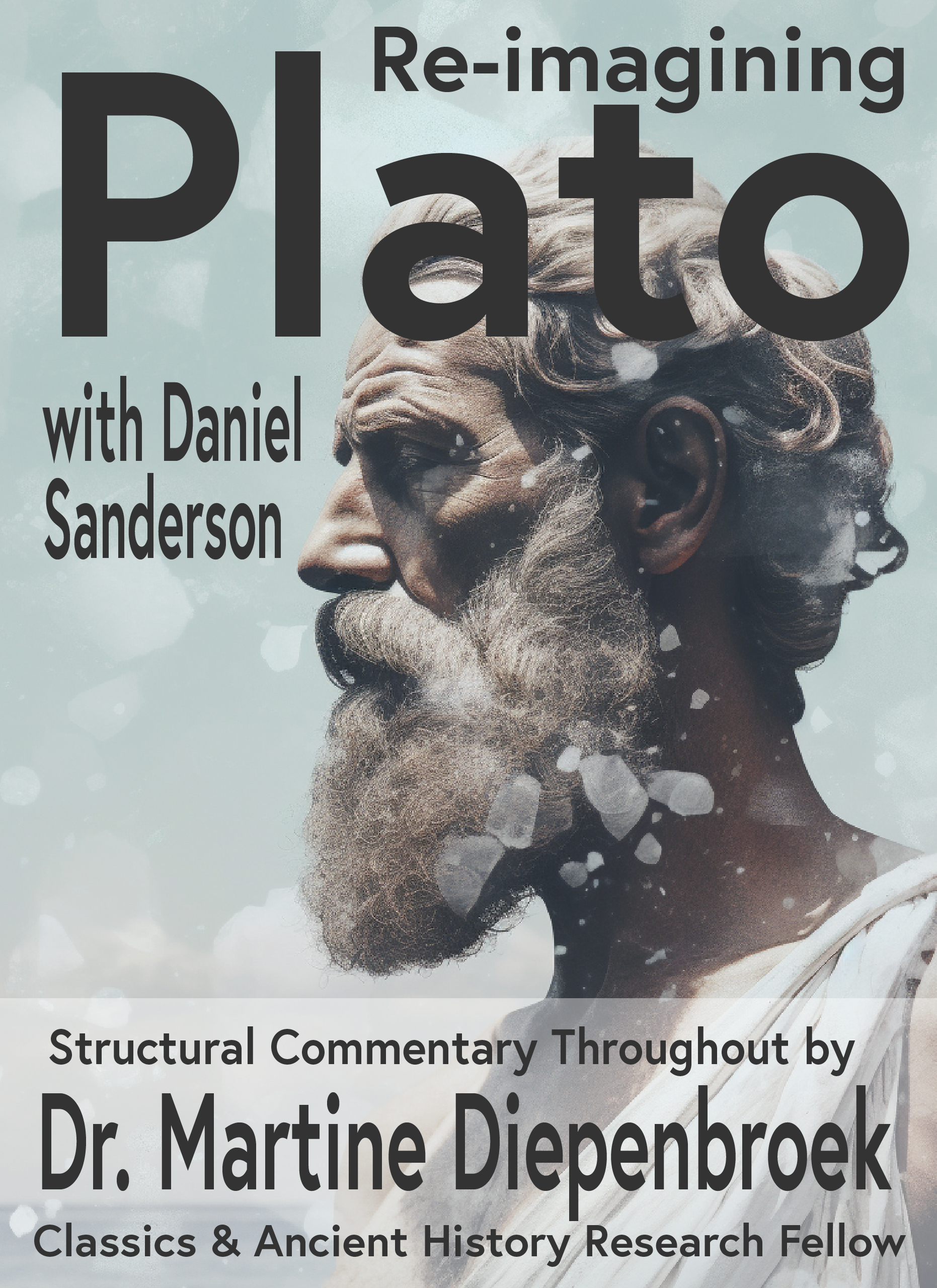The Ethics of Content Creation: Responsibility and Accountability
In an era of unprecedented digital content proliferation, the ethical implications of content creation have become increasingly pertinent. As consumers, we are responsible for critically evaluating the information we encounter and holding creators accountable for their work's impact. In this thought-provoking analysis, we shall dissect the multifaceted landscape of content creation, challenging prevailing assumptions and emphasizing the paramount importance of intellectual rigour and moral accountability.
The Evolution of Content Creation
The advent of the internet has undeniably democratized the dissemination of information, granting individuals the ability to generate and share content with remarkable ease. This democratization, however, has brought forth a deluge of questionable content, misinformation, and even deliberate disinformation. Consequently, the onus falls upon consumers to navigate this vast ocean of digital information with discernment and critical understanding.
Traditionally, knowledge gatekeepers, such as publishers and editors, played a pivotal role in curating and verifying content. Yet, the internet's democratizing force has disrupted this model, allowing anyone with a connection to become a creator. While this liberation is not without its merits, it necessitates a shift in responsibility, demanding that creators and consumers rise to the challenge of ethical content engagement.

The Moral Imperative of Content Creators
Content creators bear a profound ethical responsibility in shaping public discourse. Regrettably, pursuing popularity and financial gain has sometimes eclipsed this duty. For instance, the veneration of 'clickbait' culture has fostered a climate wherein the sensational triumphs over substance, and the truth is often sacrificed on the altar of virality.
Creators must recognize the profound influence they wield over their audience's minds. With this recognition, they ought to prioritize accuracy, intellectual honesty, and the promotion of critical thinking. Deceptive, manipulative, or deliberately misleading content perpetuates ignorance and undermines the foundations of a rational society.
Historical Perspectives on Responsibility
To better grasp the significance of our contemporary ethical problem, we can turn to historical parallels that shed light on the age-old interplay between responsibility and information dissemination. Throughout the Enlightenment, intellectuals like Voltaire and Rousseau wielded the power of the written word, mindful of their capacity to sway hearts and minds. These luminaries appreciated the weight of their words and understood the profound consequences of their ideas.
In journalism, Walter Lippmann, a pioneer of American political commentary, emphasized journalists' ethical duty to represent reality accurately. His notion of the "stereotype" drew attention to the potential distortion of information, underlining the necessity of responsible reporting. Lippmann's insights remain salient today as we grapple with the vast expanse of digital content.

The Role of Consumers in a Digital Age
While creators bear a considerable burden, consumers must not be absolved of their responsibilities. The digital landscape necessitates an engaged and discerning audience that values intellectual rigour and resists the allure of mindless consumption. Each click, like, and share carries consequences, reinforcing or dismantling the structures that shape the content we consume.
Consumers must actively participate in knowledge acquisition, applying critical thinking skills to separate fact from fiction. The proliferation of fact-checking initiatives and essential literacy programs offers hope in the fight against misinformation. By cultivating a healthy skepticism, consumers can challenge conventional wisdom and demand accountability from content creators.
The Role of Regulation
As the ethical dimensions of content creation become increasingly pronounced, discussions surrounding regulation naturally emerge. However, while free expression must be safeguarded, we should recognize that unrestricted liberty can give rise to harmful and malicious content. Therefore, we must tread cautiously to balance preserving individual freedoms and ensuring a responsible digital ecosystem.
Historically, we have regulated industries to protect consumers from unscrupulous practices. Similarly, we must consider regulatory measures to safeguard the public interest in the digital realm. Encouraging transparency, promoting algorithms that prioritize accuracy, and fostering accountability for content creators are a few avenues to explore. Striking the right balance requires us to embrace nuance and acknowledge the issue's complexity.

In the age of content creation, the ethics of responsibility and accountability take center stage. Creators and consumers alike must grapple with the profound implications of their actions and choices. We must cultivate an environment where intellectual rigour reigns supreme and truth is sacred. Drawing upon historical perspectives, we can appreciate the weighty nature of our contemporary challenges and rise to meet them with erudition, incisiveness, and an unapologetic pursuit of moral rectitude.
As we navigate this digital landscape, we should heed the words of Christopher Hitchens, who famously said, "The essence of the independent mind lies not in what it thinks but in how it thinks." Let us be discerning consumers and creators of content, embracing the responsibility and accountability inherent in the pursuit of knowledge and the dissemination of ideas. Through collective engagement and unwavering intellectual rigour, we can forge a more enlightened future for content consumption.

Plato Re-Imagined
This course includes 32 lectures covering most of Plato's dialogues and allowing the student to return to something divine. Divinity should resonate with secular and religious leaders alike. I present a compatible approach in my lecture on Consilience.
Also included with this course is a free book. If you pay for the course, you will get a physical copy of the book for free, mailed to your chosen address — anywhere on the planet!






